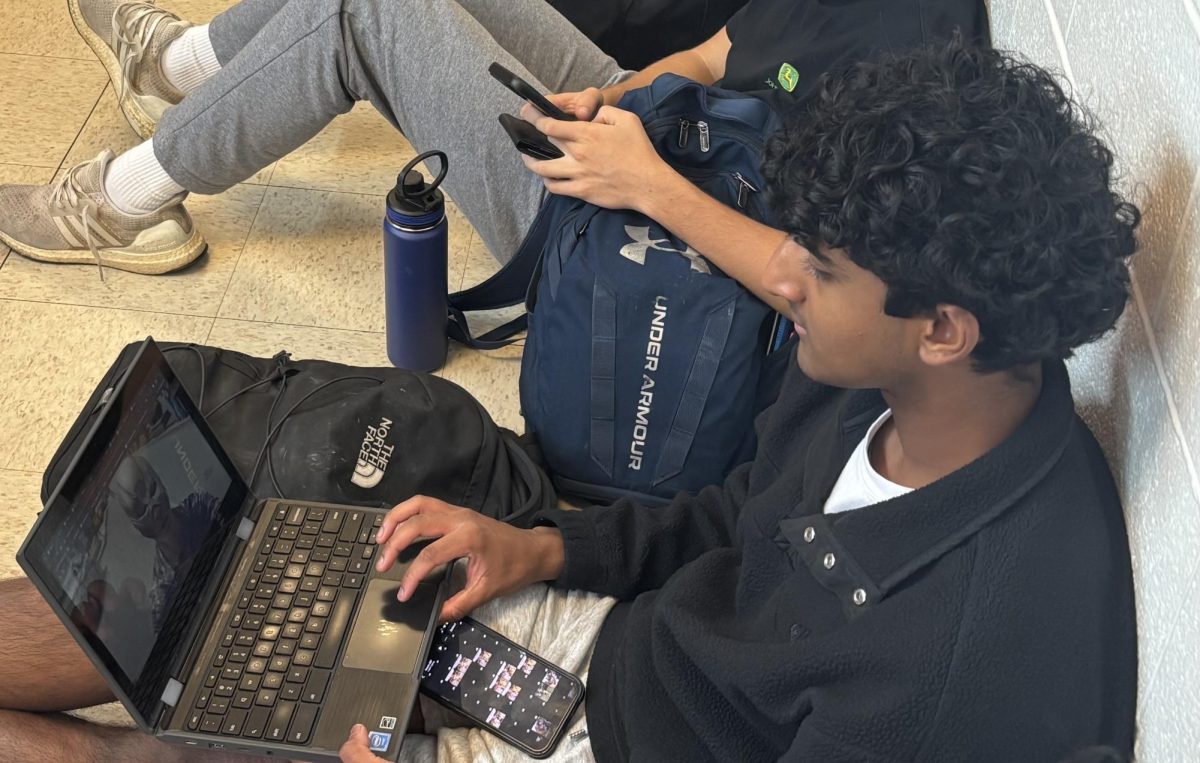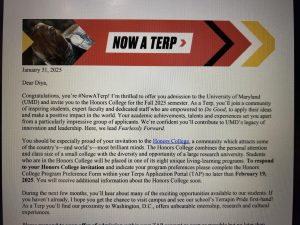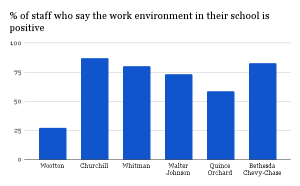Common Sense Responds: How to stay informed without losing your mind
June 9, 2020
Staying informed can seem more like an obligation than a privilege. But aside from paying attention to “the news,” nobody seems to have the same answer for what that actually means. There are more mediums than ever to view and share information, misleading or not. In order to gain any semblance of the truth without losing your mind, proper judgment and diversity of sources are necessary to lead to a better understanding of current events.
Consuming the news is often mentally taxing, confusing and can leave one with a bad taste in their mouth. But it is critically important to stay informed, especially as an educated person with resources, because those less fortunate can be helped greatly by people presented with evidence of their struggle. The murder of George Floyd was a clear example of how ordinary people, presented with evidence, were able to enact justice where the justice system failed. Furthermore, staying informed is a practice that combats systemic injustice.
Now that it is clear why “the news” should play an active role in everyone’s life, the issue of news sources can be addressed. It is not enough to simply watch a local station or read the tweets of celebrities. Real news is uncomfortable. An informed person actively reviews news from a variety of sources and sees information for what it is in order to understand both what the truth is and to understand how others came to their viewpoints.
Because reading opposing viewpoints can be tiring, watching just one TV station, reading just one newspaper, or cleansing your Twitter feed of all opposing viewpoints may result in a pleasant experience. But what is the point? After all, the news is not entertainment.
Although it may seem counterproductive to view news considered biased, looking at what so many Americans view as their only news source can be enlightening as to why politics are so divisive today. As of this writing, MSNBC’s website uses its top five homepage stories to discuss racism, disagree with Trump’s orders, and profile armed troops. Fox News uses its top five homepage stories to condemn looting, poor treatment of police, and the spread of coronavirus at protests. Both sources cover American news but cater to fit their target audience.
In the end, looking at the news will always be fatiguing and disheartening to some degree. But certain mediums may be more damaging than actually informative, such as abhorrent comment sections on news websites and obnoxious talking heads on major broadcast channels. When the unqualified give their opinion, it is OK to look elsewhere for information.
According to a Reuters-Oxford study, 57 percent of people under 35 turn to social media as their first news source every day. Because anyone can post on social media, it can be confusing to know where to look for reliable information while avoiding alternative facts and falsehoods. Here are some tips to becoming informed while remaining sane online:
Avoid needless arguments. When was the last time a nasty comment made you change your political views? Likely, never. Only engage in debate when both sides seem willing to come to an understanding.
Recognize propaganda. Although it can be difficult at times to identify, articles that blame general groups for general problems (ie. illegals ruining America) are never based in any facts. Ignore any fear-mongering.
Wait for the truth. If something just happened, chances are that nobody knows everything yet. News full of half-truths and speculation can be extra stress-inducing and misleading. Give the storytime to develop before trying to make sense of it.
Don’t share unless you are sure. There are enough people who will share anything. Before you repost, research to make sure you aren’t spreading lies.
Accept shortcomings of sources. Is a video too short to show the whole story? Are more questions being raised than answered? That doesn’t disqualify the video from being useful, just accept that nothing can be concluded from it until further information is gathered.
Look at multiple sources. All sources have biases, so looking at multiple can result in a better understanding of what is actually happening. Especially with TV news, flipping between Fox News, CNN, MSNBC, and BBC News can be enlightening as to how these stations cater information to different demographics.











